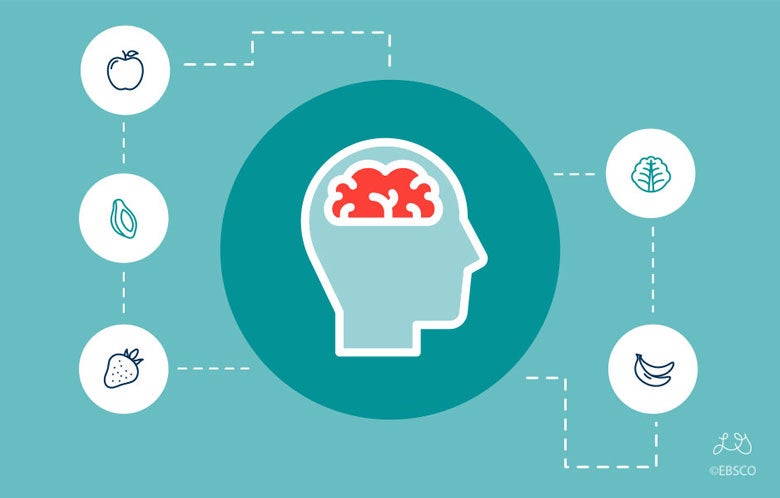Practice Point: Limited evidence supports the Mediterranean diet for the prevention of dementia.
EBM Pearl: Data fishing is looking at a large data set through various lenses until you find the result you are seeking.
Think fast: what did you eat in the last 24 hours? How well does that align with the Mediterranean diet? And how does that affect your dementia risk?
These are the questions a group of investigators asked in a recent study that mined data from more than 60,000 white adults enrolled in the UK Biobank. Their analyses found an association between better “adherence” to the Mediterranean diet and lower risk of dementia, but we aren’t all-in just yet.
The Mediterranean diet emphasizes whole foods and includes vegetables, fruits, grains, nuts, seeds, fish, poultry, dairy, olive oil, and importantly, red wine. It has been hypothesized to reduce the risk of dementia, and as such, we agree it makes sense to study it. Study it well, maybe we should have specified.
In this prospective cohort study, participants completed up to five 24-hour dietary recalls through a validated online assessment tool. The authors then averaged the data and used three different scoring systems to assess how well that input adhered to the Mediterranean diet. While these assessment tools report “adherence,” what they are really assessing is how well participants’ diets happened to align with the Mediterranean diet — no one was assigned to a Mediterranean diet or told to eat that way.
The researchers then grouped the data according to low, medium, and high adherence to the Mediterranean diet. When analyzing dementia risk in terms of these groups, they found that based on one of the assessment tools, high adherence was associated with a statistically significant reduction in dementia risk. The relationship didn’t hold when using the other assessment tools. We can’t help but wonder if there is some component of fishing here — researchers using multiple assessment/scoring systems in the hopes of finding one that supports their hypothesis.
The reported outcomes suggest that a diet more closely aligned with the Mediterranean diet may reduce dementia risk, but this may not be the case for a number of reasons.
- We wonder if whatever it was that made people more likely to eat a diet like the Mediterranean diet is also what is responsible for their lower dementia risk.
- The results are subject to recall bias.
- Several 24-hour snapshots of diet information may not accurately reflect years of dietary habits.
- Reverse causality may be at play as declining cognition could lead to poorer dietary choices (as opposed to the other way around).
Data mining may not be the best way to study the association between diet and dementia risk. If this is the case, the obvious next question is, what is? A randomized trial, right? But studying the effects of nutrition on clinical outcomes is hard. If we were to study this association with a trial, we would expect a lower magnitude of effect as we reduce systematic bias.
So would a trial be worth it? Maybe not. That said, recommending the Mediterranean diet to patients to decrease the risk of dementia (when we have little else to offer them) is a low-risk intervention. We are of the opinion that if you want to recommend this to your patients, go for it. If you don’t, also fine. Having a conversation about what’s healthy and what’s not is probably just as beneficial.
For more information, see the topic Mild Cognitive Impairment (MCI) in DynaMed.
Reference: BMC Med. 2023 Mar 14;21(1):81



